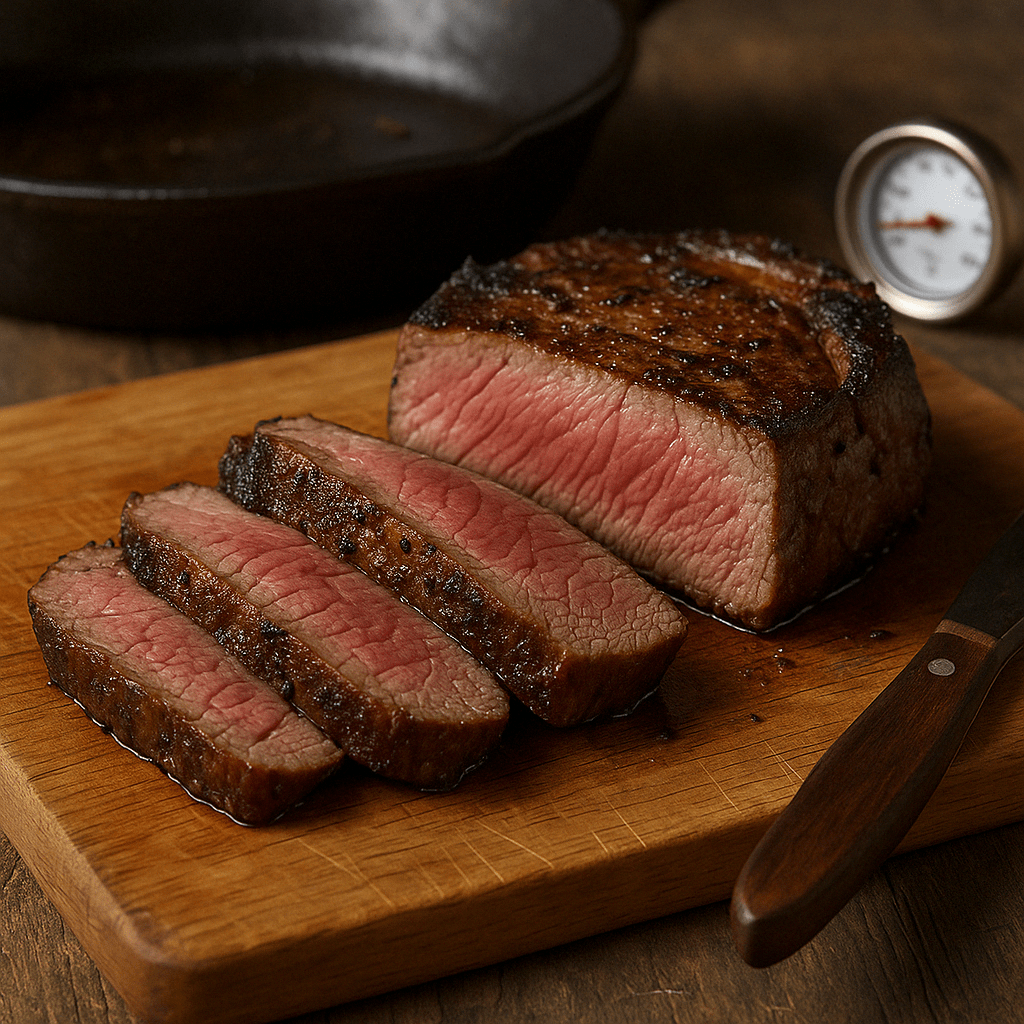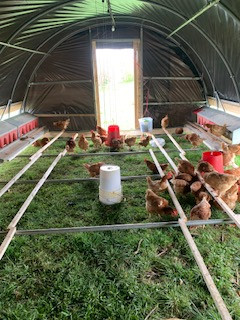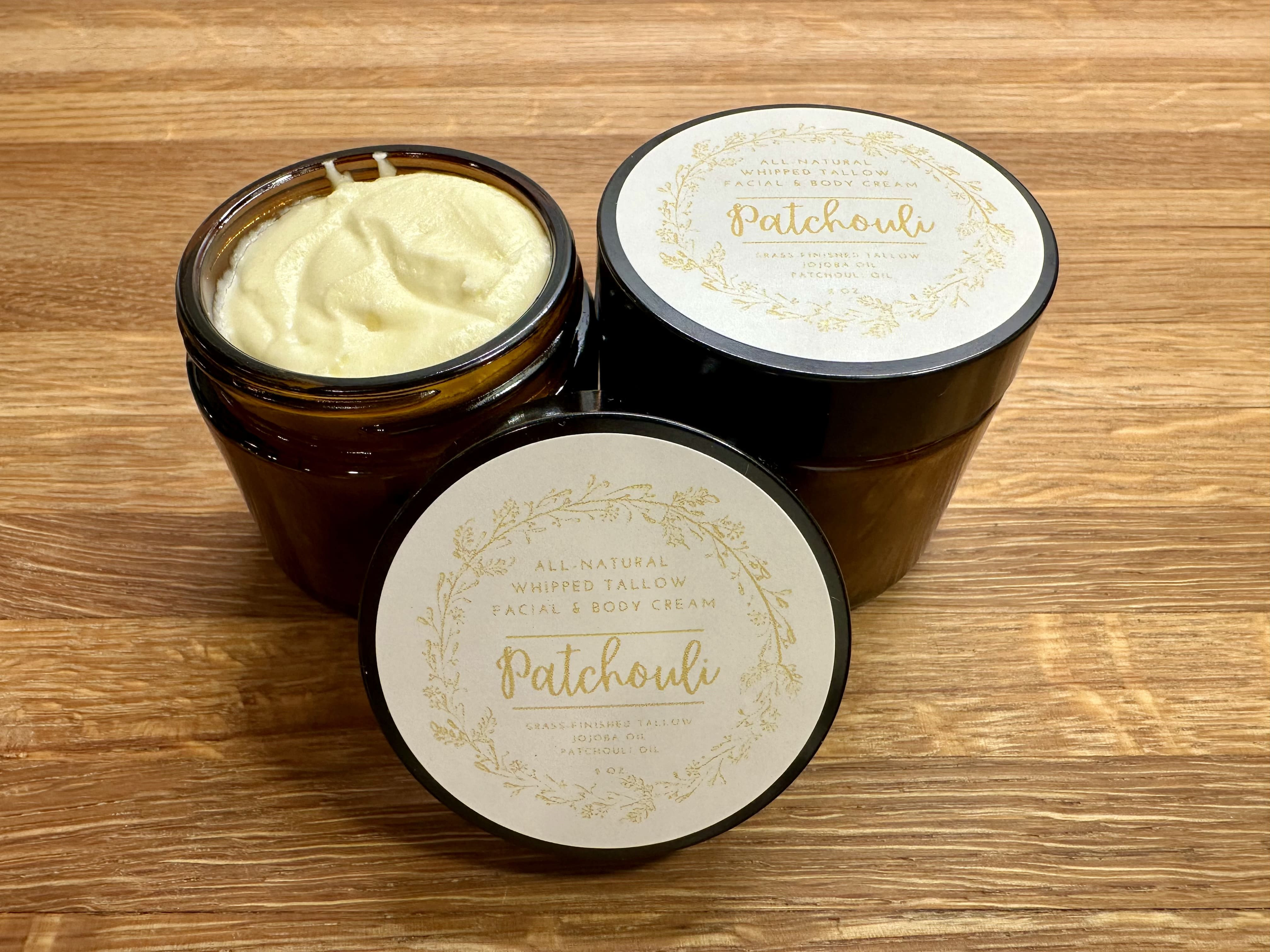What do our Pastured Pigs Eat?
posted on
April 29, 2024
In the age of conscious consumption, more and more people are seeking out alternatives to industrially raised meats. One such alternative gaining traction is pastured pork. But what sets pork apart? It's not just about where the pigs roam but also what they eat. In this comprehensive guide, we delve deep into the culinary delights of pastured pigs, answering the burning question: What do pastured pigs eat?
Pigs on Pasture!
Pastured pigs, unlike their confined counterparts, enjoy the freedom to roam and forage in open pastures. This freedom not only contributes to their overall well-being but also influences their diet significantly. Picture this: lush green fields, vibrant with an array of vegetation, serve as the ultimate buffet for our pork pals. If you step back in time fifty years this was the norm that is until our meat supply consolidated. But what exactly makes up their menu?
Can pigs eat grass?
Yes, you read that right – pigs can indeed feast on grass! Contrary to popular belief, pigs are omnivores, equipped with a digestive system capable of processing a variety of foods, including grass. Grazing on grass not only provides essential nutrients but also adds a delightful flavor profile to their meat. This is something their confined counterpart doesn't get the opportunity to try.
Pigs also eat forages!
In addition to grass, pastured pigs relish a diverse range of forage, including herbs, roots, and legumes. This natural diet not only enriches the flavor of their meat but also enhances its nutritional value, with forage being rich in vitamins, minerals, and antioxidants. For a farm to be sustainable it must have a diverse grass and forage mixture.
Pigs still need grains.
While pastured pigs primarily forage for their food, supplemental grains may be provided to ensure they receive a balanced diet. This is important that they receive not only the macronutrients we all know about but also the micronutrients in a balanced ration that helps in their growth and development.
Pasture-Raised Pork: A Cut Above the Rest
Pasture-raised pork stands out not only for its exceptional taste but also for its nutritional superiority. Research suggests that pastured pork tends to be leaner and higher in key nutrients such as omega-3 fatty acids and vitamin E compared to conventionally raised pork. Also by opting for pasture-raised pork, consumers are not only making a healthier choice for themselves but also for the planet. Pasture-based farming practices promote environmental sustainability by reducing the carbon footprint associated with industrial agriculture and fostering biodiversity. I covered this more in my blog what makes a sustainable farm?
In the realm of pastured pork, the journey from pasture to plate is a testament to the harmony between nature and nourishment. By embracing a diet rich in grass, forage, and wholesome grains, pastured pigs thrive both in flavor and in health. So, the next time you savor a succulent cut of pasture-raised pork, remember – it's not just a meal; it's a celebration of sustainable living and culinary delight. We have covered many topics on pastured pork if you want to learn more take a look at All About Our Pigs.






